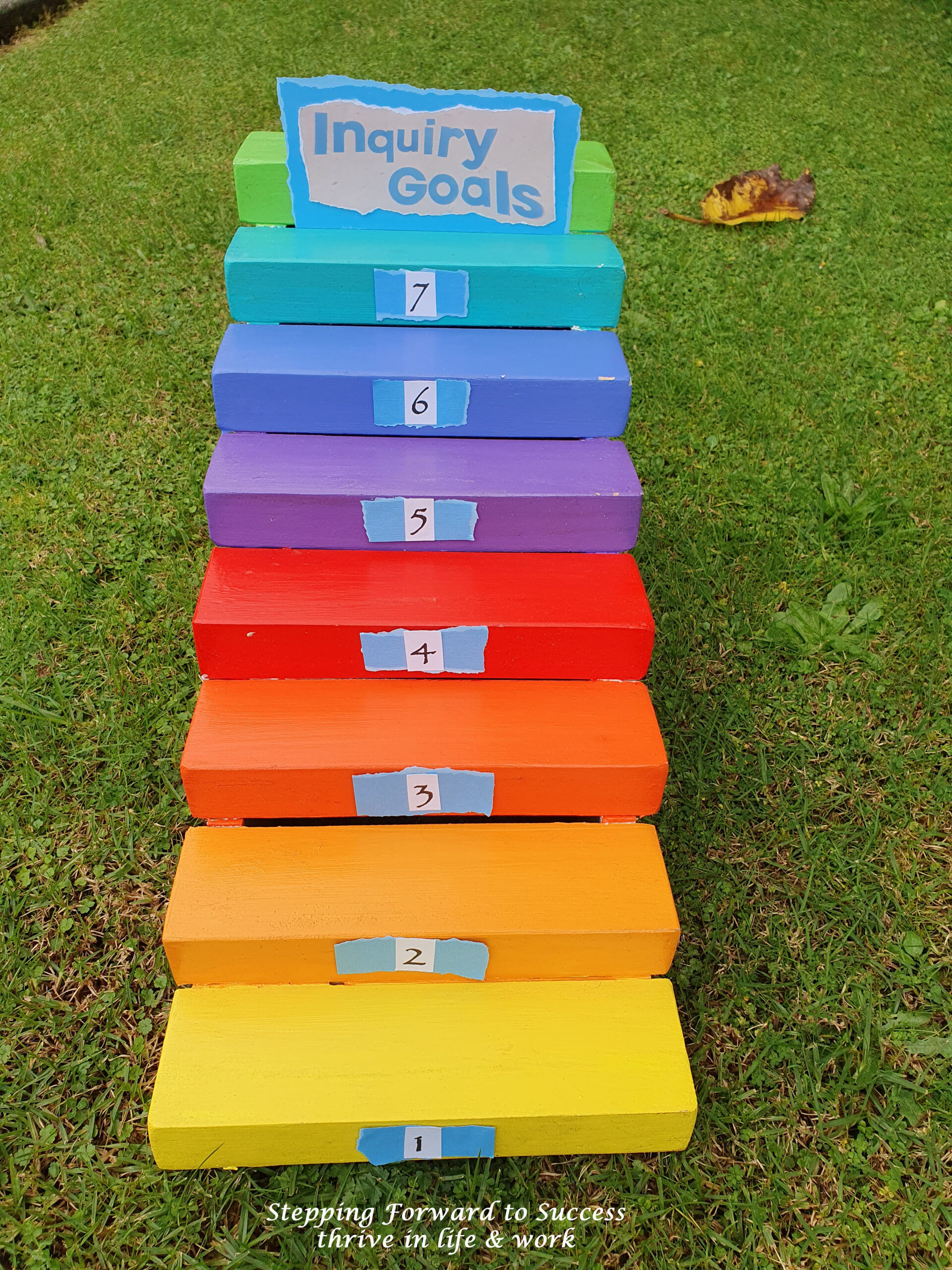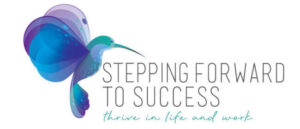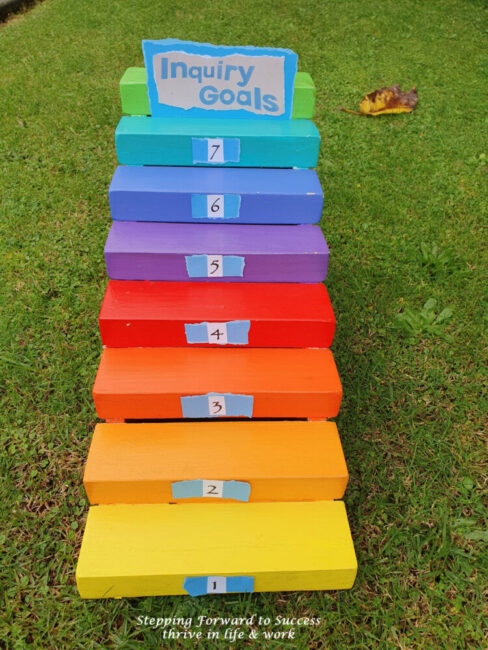Inquiry goals are a big part of the teacher certification process.
But you shouldn’t look at them as something you simply HAVE to do.
They provide a real opportunity to help you develop your teaching long term.
So, you want to make sure you are maximising this opportunity by using the inquiry process to develop and strengthen your teaching practices.
Let’s explore the ways that your inquiry goals can help improve your teaching and also, how you can set the right kind of inquiry goals to make that happen.
7 Steps to Setting Effective Inquiry Goals
Inquiry Goals Can Help Improve Your Teaching
As you know, inquiry goals are a big part of your provisional teaching work. But, did you know that if you select the right inquiry goals, they can help you develop your teaching practice?
Here’s how choosing the right goals can help:

Targeted Development
Got an area of teaching that you would like to understand more deeply or an area you’d like to work on? Then, an inquiry goal geared specifically towards that area can help you create targeted development to strengthen your skills and gain greater insight.
Setting inquiry goals in this way allows you to focus your professional development on the specific areas of your teaching that you want to further enhance. This approach will help you to acquire the necessary knowledge, skills, and resources to address those identified needs effectively.
By engaging in targeted development, you can gain expertise in specific aspects of teaching and refine your teaching methods, overall, becoming a more confident teacher.
Reflective Practice
Let’s get deep for a minute here… you have to look back in order to move forward in the right direction.
This is true in many areas of life and your provisional teaching journey will be no different. As you know, your inquiry goals will be a key aspect in shaping your individual teaching practices. So, it’s important to look back when setting those goals.
This is known as engaging in reflective practice. This process includes critically examining your teaching methods, strategies, and their effectiveness. By analysing your practice, you can identify areas for improvement and make informed decisions about your teaching going forward.
It can be really helpful to undertake reflective practice with your mentor so that they can act as a sounding board and can offer advice and support. Together, you can refine effective inquiry goals that will help you hone your teaching methods.
Using All The Evidence
Working through your inquiry goals requires you to gather and analyse data relevant to your goals. This data collection process not only meets your certification requirements but will also help to inform your teaching practices long term.
A data-driven approach is quite beneficial as it lets you make evidence-based decisions about your teaching methods, planning and provocations, and whether you are teaching in line with Te Whariki and your Centre’s values.
By basing your decisions on solid evidence, you can gain confidence that your teaching methods align with the best practices in ECE education and still fall in with your own values.
Continual Improvement
While you undertake your provisional teaching certification, you’ll be working through a period of growth and development as an ECE teacher. Setting appropriate inquiry goals helps you focus on continuous improvement by establishing clear objectives for your teaching practice.
As you work towards achieving these goals, you engage in a cycle of ongoing learning and refinement, teaching you good habits for future teaching years and ensuring that you are consistently improving your skills and knowledge.
Meet Changing Needs
Inquiry goals help you to drill down into specific areas of teaching. You can tailor those goals to ensure you are meeting the unique teaching needs of your Centre and the children within it.
By identifying specific areas for improvement or exploration, you can design personalised teaching that caters to the diverse learning styles, interests, and abilities of the children. This personalised approach fosters better engagement, motivation, and learning outcomes among children.
Collaboration
ECE teaching doesn’t have to be lonely. In fact, there are plenty of opportunities for collaborative teaching and learning. And you can even set inquiry goals specifically designed to help you capitalise on the experience and knowledge of your Centre colleagues.
Engaging in discussions and sharing experiences with other educators can provide valuable insights, alternative perspectives, and support. By collaborating with peers, you can exchange ideas, learn from their expertise, and broaden your professional network, ultimately enriching your teaching practice.
How Can You Set The Right Inquiry Goals?
Right, now that we know how important inquiry goals can be for your teaching practices, it’s time to look at how you can set the right kind of goals to create these outcomes!
Here’s 7 steps to setting effective inquiry goals:
- Identify areas of interest: reflect on your teaching practices and establish things that you are passionate about or areas where you would like to improve.
- Conduct a Needs Assessment: Assess your overall Centre learning environment and identify specific areas or aspects that could use further exploration or development.
- Formulate focused questions: Based on the things you have identified in the first two steps, develop some focus questions that will guide your inquiry.
- Use SMART goals: Structure your inquiry goals using the SMART framework, which stands for Specific, Measurable, Achievable, Relevant and Time-bound. For more info on SMART goals, check out this blog: https://steppingforwardtosuccess.co.nz/setting-smart-goals-can-help/
- Seek feedback: Seek input and feedback from your mentor and or colleagues to refine and strengthen your goals.
- Create a strategy: Develop a plan outlining the steps you will take to achieve your inquiry goals. Identify specific strategies, resources, and professional development opportunities that will support your inquiry. Implement these strategies in your teaching practice and document your progress and observations.
- Reflect and evaluate: Regularly reflect on your inquiry process and evaluate its effectiveness.
What’s Next?
Remember, setting good inquiry goals is an ongoing process. As you complete one cycle of inquiry, you can begin the process again by identifying new areas of interest and refining your goals. This continuous improvement approach supports your professional growth as an ECE teacher.
If you ever feel like you need an extra level of support, reach out to me. As a trained ECE mentor who is passionate about supporting new ECE teachers, I’d love to help you set inquiry goals that will help you become a confident and effective ECE teacher.
Check out the Roadmap resource here: https://steppingforwardtosuccess.co.nz/roadmap-navigating-ece-provisional-teaching/
Click here to read more about the Roadmap or click here to purchase the Roadmap to Certification ebook for Provisional Certified Teachers. Alternatively, if you are wanting to learn more about my packages, reach out today.
Useful links:
My Website

